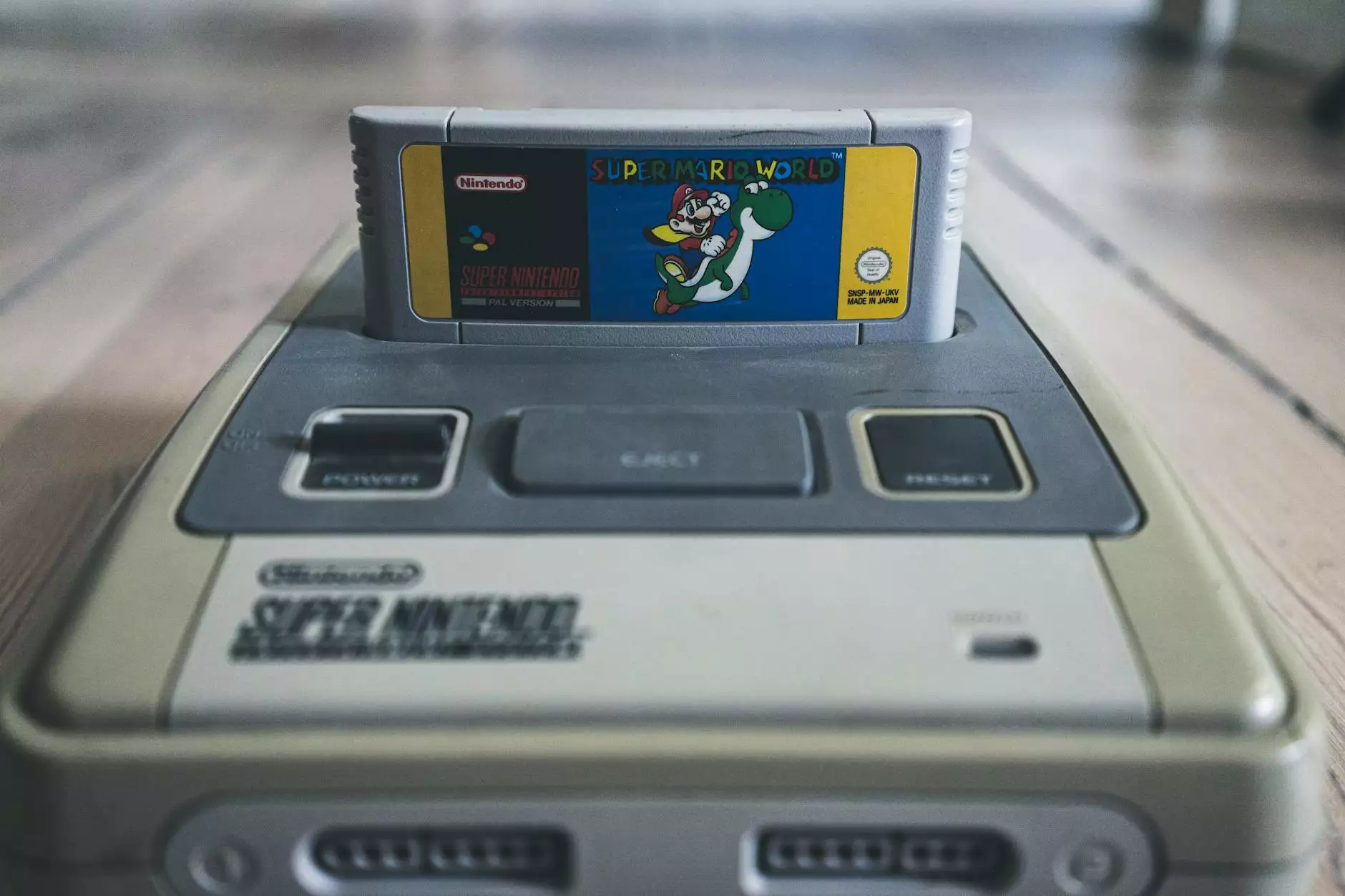How to Help Manage Medication for Your Loved One
Blog
Introduction
Welcome to Kimwell Nursing Home's comprehensive guide on how to help manage medication for your loved one. As a leading provider of geriatric and aging care, we understand the importance of medication management in ensuring the well-being and health of your family members. In this guide, we will provide you with valuable insights and strategies to effectively manage medications, thereby promoting a safe and comfortable environment for your loved ones.
Understanding the Importance of Medication Management
When it comes to caring for elderly individuals, medication management plays a critical role in their overall health and quality of life. As age advances, many individuals require multiple medications to manage chronic conditions and maintain their well-being. However, keeping track of various medications, dosage schedules, potential side effects, and interactions can be challenging. This is where proper medication management becomes crucial.
The Challenges of Medication Management
Managing medications for your loved one can be overwhelming, especially if you lack experience or knowledge in this area. Some common challenges include:
- Multiple medications with different dosage schedules
- Potential drug interactions
- Remembering to take medications on time
- Understanding side effects
Tips for Effective Medication Management
1. Create a Medication Schedule
Start by creating a detailed medication schedule that includes the name of each medication, dosage, and specific times for administration. Use a smartphone or tablet app, or a simple pen-and-paper system, to organize and track medications.
2. Simplify Medication Storage
Arrange medications in a well-organized and easily accessible manner. Use labeled containers or pill organizers to separate medications by day or week. This simplifies the process and ensures that the correct medications are taken at the right time.
3. Communicate with Healthcare Providers
Stay in regular contact with your loved one's healthcare providers. Inform them about any changes in medication or potential side effects that you observe. This collaboration allows healthcare professionals to provide necessary guidance and make adjustments, if needed.
4. Partner with a Professional Caregiver
Consider partnering with a professional caregiver, like those at Kimwell Nursing Home, who specialize in geriatric and aging care. Our trained caregivers can provide medication reminders and help with medication administration, ensuring your loved one's safety and adherence to prescribed regimens.
5. Monitor and Track Adherence
Regularly monitor and track your loved one's adherence to the prescribed medication regimen. This can be done through various means, such as medication logs, smart medication dispensers, or simply having open conversations about any challenges or concerns.
6. Educate Yourself
Take the time to educate yourself about your loved one's medications. Understand their purpose, potential side effects, and any specific instructions. This knowledge empowers you to ask informed questions and make necessary decisions regarding their medication management.
Conclusion
Proper medication management is crucial for the health and well-being of your loved one. By following the tips and strategies provided in this guide, you can ensure the safe and efficient administration of medications. If you find medication management challenging, remember that the experts at Kimwell Nursing Home specialize in geriatric and aging care, and are ready to provide you with the support you need. Contact us today to learn more about our services and how we can help.










